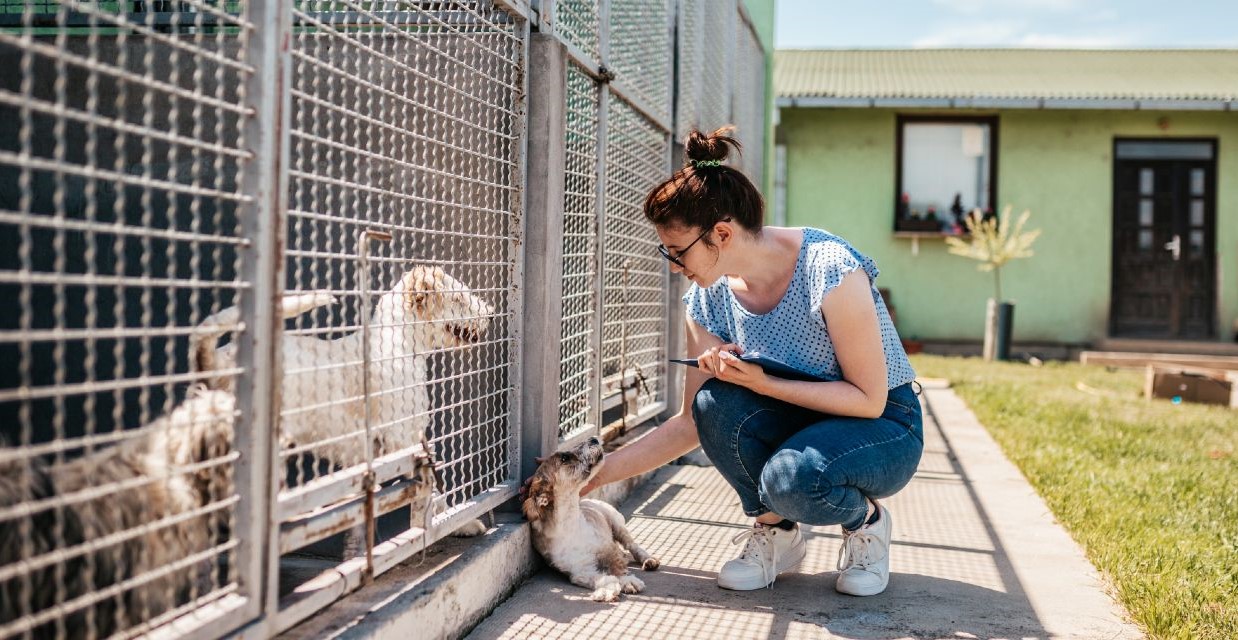You may be considering becoming a foster parent for a pup. Before deciding to become a foster parent, there are multiple things you need to consider, like if you have the time to help a dog adjust.
What does it mean to be a foster parent to a dog?
Being a foster parent just means you’re looking after the pup for a short period rather than committing to a long term arrangement like adoption. You may be helping a rescue get ready for their forever home, supporting a service dog’s training or just helping an owner when they can’t care for their pup.
Why should you consider fostering a dog?
There are many reasons you might consider fostering a dog. Still, it’s always good to weigh up the pros and cons before making a decision.
Pros and cons of foster parenting
The benefits of becoming a dog foster parent:
- Test out pet ownership - If you’re not sure if you and your family are ready to adopt a pup, then fostering is a nice way to test the waters
- Help people and pups in need - Foster parenting a dog helps support the local shelter or rescue, which helps the broader community
- Help a pup through training - You may choose to foster a dog going through service dog training
- The pups! - The best part of fostering is getting to enjoy all the love that puppies have to give.






